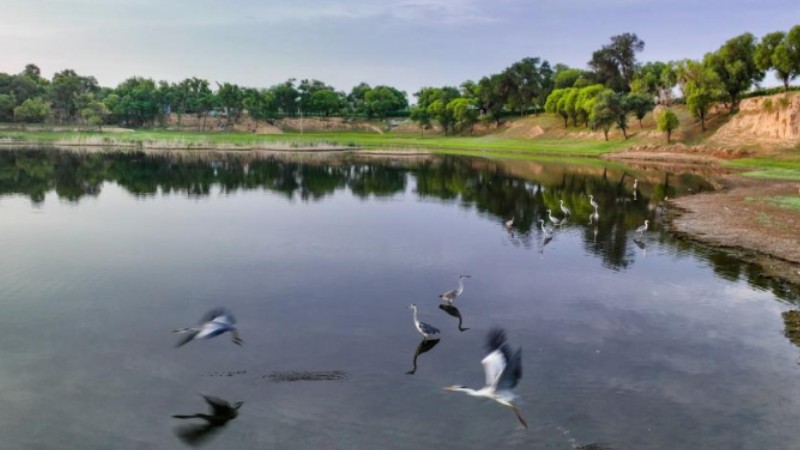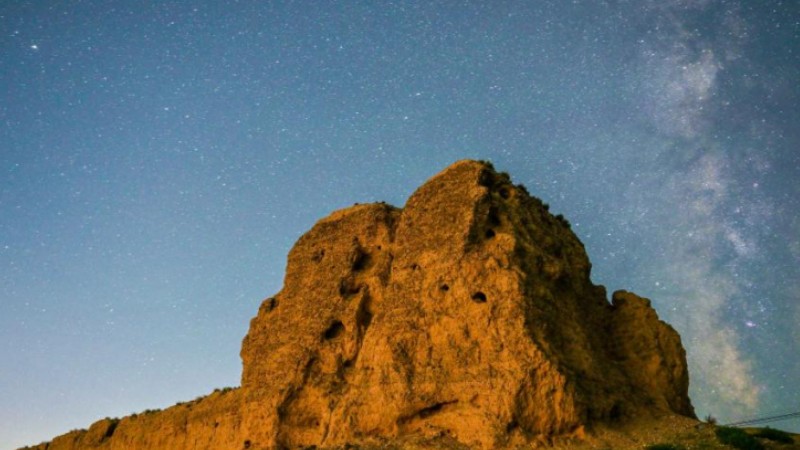China's atomic energy authority condemns Japan's release of nuclear-contaminated water
BEIJING, Aug. 24 (Xinhua) -- Japan's release of the Fukushima nuclear-contaminated water into the ocean seriously jeopardized the rights and interests of the marine environment and undermined the security and development interests of the global nuclear energy industry, said China's atomic energy authority Thursday.
The China Atomic Energy Authority (CAEA) said in a statement that the move by the Japanese government gravely undermined the authority and credibility of the International Atomic Energy Agency (IAEA).
The IAEA's evaluation of the Fukushima nuclear-contaminated water discharge plan was conducted upon Japan's unilateral request, which in nature is technical assistance and advisory evaluation, has no international legal effect, and cannot give Japan any legitimacy or justice to its nuclear-contaminated water discharge plan, the agency stressed.
The Japanese government has been wantonly using the comprehensive assessment report released by the IAEA last month to hype up the safety and harmlessness of nuclear-polluted water, which is selfish and irresponsible, and shows a total disregard for international public interests, the CAEA added.
"China firmly opposes and strongly condemns this action. The Japanese government should immediately stop this erroneous move," the CAEA said.
The Fukushima nuclear accident 12 years ago has already released many radioactive materials into the sea. Japan should not again harm the people of neighboring countries and even the world out of its own interests, said the statement.
The CAEA said Japan should never discharge the nuclear-contaminated water into the ocean without providing credible evidence on the legitimacy of the decision to discharge nuclear-contaminated water into the sea, the reliability of purification devices, the authenticity of source data and the environmental impact, without obtaining the understanding of stakeholders (including its neighboring countries), and without establishing long-term monitoring and on-site supervision arrangements led by the IAEA and recognized by all stakeholders.
Photos
Related Stories
- We don't want August 24 to become a catastrophic day for the marine environment: FM
- Japan's Fisheries Agency to monitor radioactive materials in fish
- 16 student protesters arrested in S. Korea for attempting to enter Japanese embassy
- S. Korea to keep import ban on Japan's fishery products in place: PM
- Solomon Islands PM condemns Japan's decision to start ocean discharge of nuclear-contaminated wastewater
Copyright © 2023 People's Daily Online. All Rights Reserved.









